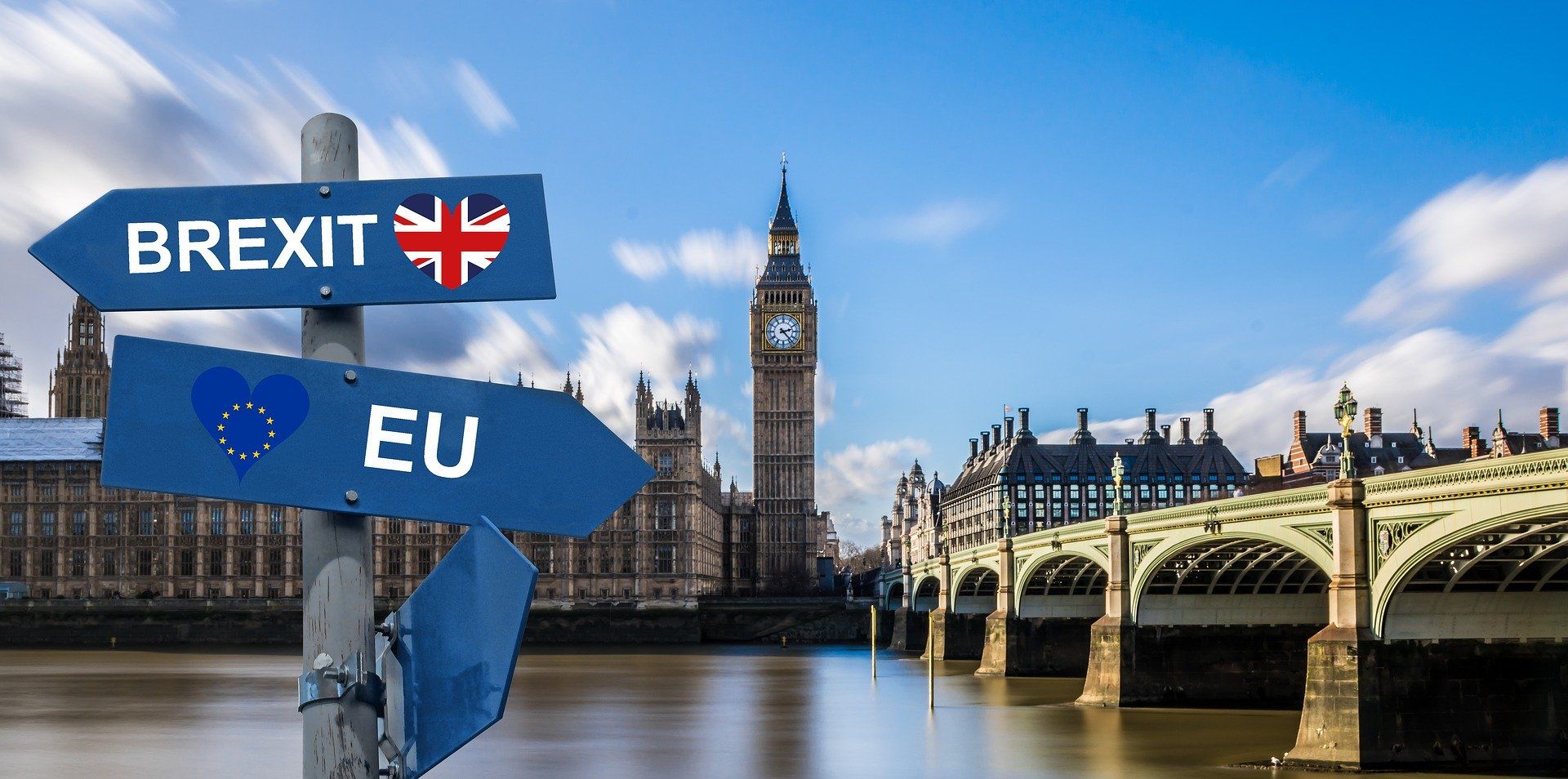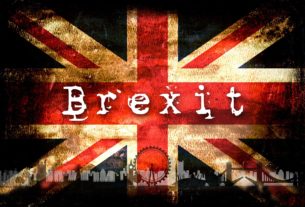Support NewsLeaf.com from as little as £1 by donating via PayPal by clicking here.
Last week, the Times reported that despite the government approving the Withdrawal Agreement – negotiated with the EU to guarantee the UK’s exit from the European Union – the UK government were planning to disregard international law that they had agreed to, by violating principles of the agreement concerning Northern Ireland.
The Internal Markets Bill will include provisions that would see no new checks on goods moving from Northern Ireland to Great Britain, which the government claims will protect the integrity of the UK; this is despite the fact they had negotiated the Withdrawal Agreement with the EU, before fighting a general election on its principles and then passing it in January.
Consequently, the government will be violating the very agreement they negotiated, which stated there would be no increased border checks between Northern Ireland and the Republic of Ireland, which would be an inevitable consequence of the Internal Markets Bill.
Boris Johnson held an online meeting with backbench MPs late last week to encourage support for the bill, where he levelled with them his reasoning for the legislation, suggesting that it would protect the integrity of the United Kingdom and prevent Northern Ireland from being locked-in an EU customs agreement, drawing a customs wall down the Irish sea. This is despite the government assuring the electorate when questions were raised, that the Withdrawal Agreement would not “put a wall in the Irish sea” during the 2019 general election.
This call to Tory backbenchers – known as the 1922 committee – descended into chaos (who would have thought) when the prime minister’s line dropped and libertarian stalwart, Steve Baker, offered to carry on the meeting before being shot down by Theresa May. “No!”
The prime minister eventually got back on the call to continue assuring ministers that the agreement he negotiated, and that they all fought an election on, was unsatisfactory and put the integrity of the UK at risk.
Theresa May was amongst a list of former prime ministers who have criticised the government’s move to violate international agreements – an exhaustive list which includes all living, former prime ministers. Those beyond the grave failed to comment.
Some sitting Conservative MPs have also expressed concerns with the implications violating Britain’s international agreements, which will potentially result in lack of trust in Boris Johnson’s government from foreign officials – an outcome that nobody could ever have predicted. Geoffrey Cox, Boris Johnson’s former Attorney General – who, last year, pranced around the dispatch box dressing down his parliamentary colleagues for not getting behind Boris Johnson’s Withdrawal Agreement Bill – stated his intention to vote against.
Back in 2019, the opposition benches (and the rebellious group of Tory MPs who considered the Withdrawal Agreement unpalatable for the very reasons Johnson is now pointing to) received a licking from Cox for failing to pass the Withdrawal Agreement Bill (now Act, following its passage in January 2020), then failing to permit a general election. Now his old boss was on the receiving end of the former barrister’s infamous sharp tongue: “By doing so [promising to adhere to an international agreement] he pledges the faith, honour and credit of this nation and it diminishes the standing and reputation of Britain in the world if it should be seen to be otherwise.”
The government’s concerns with the Withdrawal Agreement are not without merit, there is a concern that the Withdrawal Agreement Act would accelerate the break-up of the UK, with a customs border separating Northern Ireland from Britain potentially resulting in further separation between the different parts of the United Kingdom.
* Become a Patron to support NewsLeaf.com by clicking here.*
It also appears justified that there is a concern that the Act could prevent the UK from freely negotiating new trade deals, by being locked into complex custom agreements with the EU that leave the UK with “one hand tied behind its back”.
With these very real concerns in mind, why did the government agree to the Withdrawal Agreement in the first place then? The concerns that Boris Johnson raises and is attempting to correct with the Internal Markets Bill were raised back in 2019 when he first came back from Brussels with his “renegotiated deal”; a deal that was only a re-negotiation if you believe that fundamentally the same legislation as was negotiated by Theresa May, being put forward by a different prime minister, counts as a new agreement.
If these concerns were known at the time, why were they not addressed at the time? Not less than six weeks before the deadline that the government have placed on achieving a trade deal with the European Union, before we are left to trade on WTO (World Trade Organisation) terms in January 2021. Not when fixing these principles blows up any trust that foreign leaders have in our government, right when the UK needs to look to the world for trading partners – as we lose access to the EU customs union and a further 36 nations whom the EU currently has free trade agreements with.
There is an argument that in 2019 when the government accepted the Withdrawal Agreement on the terms that it was codified into law, that they were boxed in. With a parliamentary minority – the result of Conservative MP Phillip Lee crossing to join the opposition benches during PMQs. Right as Boris Johnson stated: “Britain is on the verge of taking back control of our trade policy”, the prime minister lost control of parliament and with that, the path to a general election was set in motion. However, if the Withdrawal Agreement was unpalatable, why take it to the electorate in the first place?
No serious political pundit or campaign manager from that election can really state with an ounce of seriousness that the reason the Tories won an 80-seat majority in December 2019 was because of the legislation that many raised concerns would put Stormont on a collision course with Westminster. The reason that Boris Johnson won an historic victory was that he smashed through walls in a JCB – bucket adorned with the slogan “Get Brexit Done” – or turned up on Keira Knightley’s old doorstep saying, “with any luck, by next year. We’ll have Brexit done… If Parliament doesn’t block it again”.
The government may have a point in their criticism of the Withdrawal Agreement, but the path to blowing up our international credibility was rife with alternative turns. The government did not have to get to the point where they have threatened the chance of a trade deal with the United States, made no deal with the EU the more likely scenario and diminished the chances of foreign leaders trusting the United Kingdom’s word for the foreseeable future.
It’s okay though, what is the big deal? After all, the government are only breaking international law in “specific and limited ways”.
Also read:
- Taylor Swift donates £23,373 to help student’s university education
- Algorithms are amplifying inequalities | By Calum Paton
- Here are all the records that BTS’ new single ‘Dynamite’ has achieved so far
_____________________________________________________________________________

Calum Paton is a History and Politics graduate from the University of Warwick. His writing predominantly focuses on American and British politics. Twitter: @Paton_Calum




